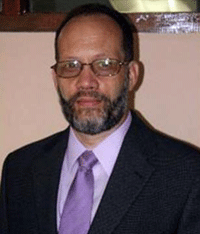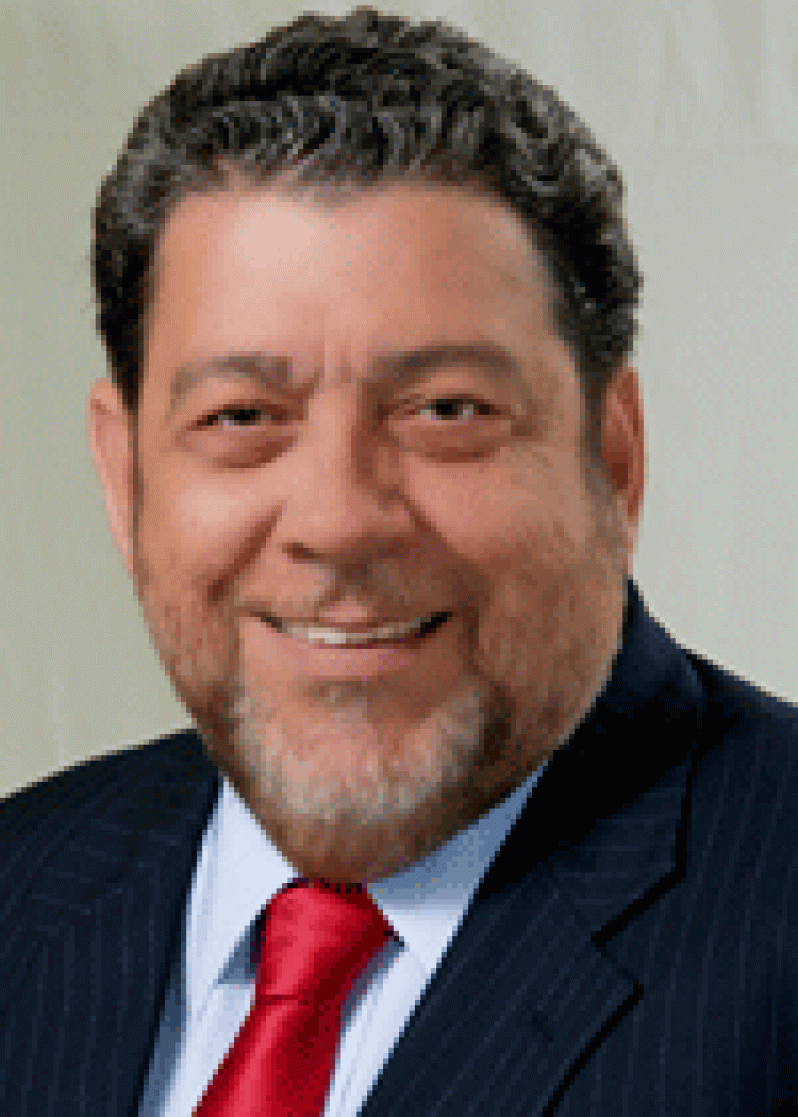An in-depth focus on Caribbean issues
PM GONSALVES: T&T needs to be more engaged with CARICOM
ST. VINCENT and the Grenadines, Prime Minister, Dr. Ralph Gonsalves is concerned about the role of Trinidad and Tobago in the regional integration movement. The Vincentian leader believes that the Trinidad and Tobago government is “less than engaged” in the integration process and this is adversely affecting the 15-nation  grouping.
grouping.
He observed that CARICOM countries are no longer benefitting from the CARICOM Petroleum Facility, set up by Trinidad and Tobago. The fund is a grant facility established to provide relief to CARICOM member states that were net importers of petroleum products and were affected by increasing energy costs.
Gonsalves would also like to see a level playing field in the area of air transportation. He asserts that the Trinidad and Tobago-owned Caribbean Airlines Limited (CAL) continues to subsidise fuel costs for that airline and is therefore able to charge cheaper fares than LIAT. In addition, he accused CAL of “cherry picking” routes to the disadvantage of Vincentian nationals.
Another area Gonsalves would like to see Trinidad and Tobago taking the lead role in CARICOM is in regional security.
Gonsalves believes that Jamaica also needs to become more involved in integration initiatives. He is hopeful that this situation will improve because the People’s National Party (PNP) is back in office and historically the PNP has been very pro-CARICOM.
According to the Vincentian leader, while Barbados is “committed as ever” to CARICOM, former Prime Minister Owen Arthur was “very passionate” about the CARICOM Single Market and Economy (CSME) that had helped to invigorate the regional movement.
Gonsalves had declared in February 2011 that the Caribbean Community and Common Market (CARICOM) was at risk of stagnation. One year later, prior to publicly expressing his concerns about CARICOM’s deficiencies, he advised me his sentiments have not changed.
He identified functional cooperation, coordination of foreign policy and freedom of movement of CARICOM nationals within the region as some of the areas where there is little or no progress.
Gonsalves has since detailed wide-ranging concerns in a letter to CARICOM Secretary General Irwin La Rocque.
On the issue of governance, Gonsalves says the often-talked about proposal of the West Indian Commission for the establishment of a CARICOM Commission to oversee the implementation of decisions taken by the Region’s Heads of Government is “simply not going to fly”.
He will go along with proposals that find consensus, which are practical and workable.
The CARICOM leader supports the proposal for the establishment of a CARICOM Committee of Ambassadors as a solution for improved governance, which has drawn widespread criticism across the Caribbean.
He noted that in the Organisation of Eastern Caribbean States (OECS), each country has a Regional Integration Unit, headed by an Ambassador who reports to the Head of Government and contends that this can work in the rest of the region.
The key, he stressed, is to have a very effective integration unit. St. Vincent and the Grenadines has a Regional Integration and Diaspora Unit with a staff of eight, five of whom are University graduates.
Gonsalves, who will mark 11 years in office as Prime Minister this month, also feels the lack of political will and outdated legislation,are responsible for the standstill in some key areas of the CARICOM Single Market and Economy (CSME).
A report from the CARICOM Secretariat stated that the CSME is operating at about sixty-four percent overall level of compliance. The CSME study identified major deficiencies with respect to the Free Movement of Services and the regime on the Right of Establishment. It concluded that there is need for improvement with the regime for the Free Movement of Skills.
The Vincentian Prime Minister has called in the past for an end to the “indignities and irrationalities” to which Guyanese, Jamaicans and Vincentians are subjected to at CARICOM airports.
He highlighted three issues that need to be addressed for the Single Market to be more effective in the area of freedom of movement – more updated and relevant legislation, training for all immigration officers across the region so they can be more professional and humane, and application of sanctions for breaches of the law by immigration officers.
One of the fundamental flaws in the system, in his view, is that the immigration laws have the same framework as legislation from the 1930s which focused on keeping undesirable persons out.
Gonsalves wants to be told precisely by his fellow CARICOM leaders what his nationals are entitled to in terms of health and education, if they move to another member state. He believes all CARICOM nationals and their immediate families should be entitled to primary health care once they are residing in a CARICOM country.
Some countries such as Barbados have indicated that capacity and resource constraints would prevent them from providing full access to social services.
The leader of the United Workers Party (UWP) also believes that the CARICOM Treaty of Chaguaramas, needs to be revised again, in light of global economic conditions and also because it has to take into account the OECS Economic Union Treaty, which he described as a “deeper form of integration”.
Gonsalves has expressed concern on numerous occasions about “rising crime” throughout the Caribbean.
He advocates a strengthening of the Regional Task Force on Crime andSecurity, which he says functioned effectively during World Cup Cricket in 2007, but not since then.
The wider CARICOM, in his view, ought to take a page out the book of the Regional Security System (RSS), which is highly effective due to sharing intelligence gathering and analysis, coordination of coast guard activities and over flight operations among the OECS countries and Barbados.
In addition, the CARICOM leader wants to see increased communication among the region’s police forces especially in coordinating information systems that target persons who are likely to represent security risks.
Gonsalves agrees with the current Chairman of CARICOM, Suriname’s Prime Minister, Desi Bouterse that 2012 should be a “year of change” for the regional integration movement.
He would like this week’s CARICOM Inter-Sessional meeting of Heads of Government in Paramaribo to record progress in freedom of movement issues and coordination on major functional cooperation areas such as Climate Change.
Above all, the Vincentian Prime Minister is hoping to see evidence that oil-rich Trinidad and Tobago is willing to become “more engaged with CARICOM”.
(Sandra Ann Baptiste is a Business Consultant and Specialist in Caribbean Affairs).
CARIBBEAN PERSPECTIVES
SHARE THIS ARTICLE :
Facebook
Twitter
WhatsApp



.jpg)








